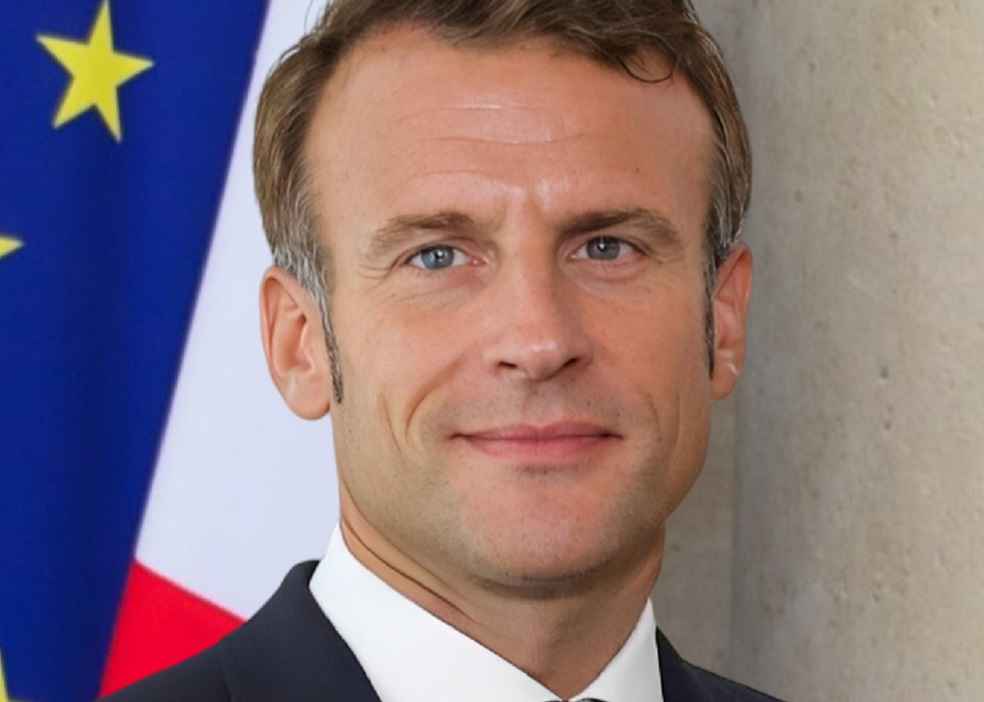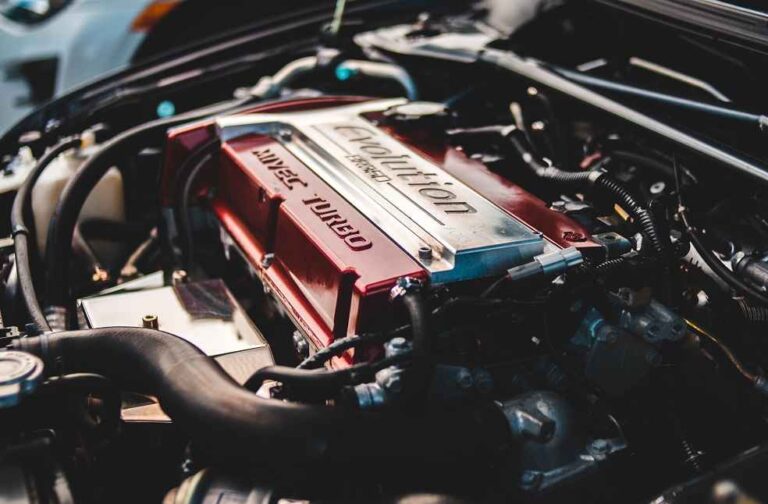France’s first electric vehicle (EV) battery plant was inaugurated near Lens, marking the dawn of a new era in the country’s industrial history and a significant stride in President Emmanuel Macron’s ambitious “reindustrialisation” plan.
The grand opening, attended by three government ministers and numerous local officials, highlighted the plant’s strategic importance. Operated by the Automotive Cell Company (ACC), a joint venture between TotalEnergies, Stellantis (Jeep manufacturer), and Mercedes-Benz, the facility is the country’s first salvo in challenging China’s dominance in the EV battery sector.
The ACC plant was established with a €1.3bn state aid package from France, Germany, and Italy as part of a broader €7bn plan to build a series of new facilities across the three countries. The Lens plant, set to start production this summer, aims to create 2,000 jobs and manufacture 800,000 batteries per annum. This gigafactory is the first of three, with additional facilities planned in Germany and Italy.

France’s Northern region, less than 40 miles from the British coast, dubbed ‘Battery Valley’, is set to be revitalized through this new industry. This initiative supports Macron’s goal of fostering job growth by encouraging corporate investments in new factories. The French president has recently announced a series of green measures, including EV subsidies and tax credits, to attract billions in new investment, aiming to increase manufacturing from 10% to 15% of the country’s economic output.
Meanwhile, British automotive industry leaders are expressing concerns over the country’s ability to compete in the rapidly growing EV sector. Major vehicle manufacturers, including Ford, Jaguar Land Rover, and Stellantis, recently urged the UK government to renegotiate Brexit terms to protect the automotive industry’s future. However, there are glimpses of hope as the Tata group, owner of Jaguar Land Rover, is considering the establishment of a car battery plant in Somerset.

France’s ambition for energy independence by 2027 could face hurdles given China’s stronghold over the extraction and production of nickel, cobalt, and manganese – key elements for lithium-ion batteries. Nevertheless, with the EU’s decision to ban the sale of new petrol and diesel vehicles from 2035, the demand for EV batteries is only set to rise.
Despite the optimism surrounding the ACC factory, French union representatives have expressed concerns over the potential job losses at a nearby factory producing petrol, diesel, and hybrid vehicle engines, slated to close by 2025. Nevertheless, for the high-unemployment region, the factory’s opening is considered a beacon of hope and a significant step towards the country’s economic and energy transition.
TRENDING: China’s EV Drive: Europe’s Green Goals Fueling Rival’s Growth





